If I tell you that on Monday there was an hour-long documentary about the history of stamp-collecting, then you probably don’t need this column’s usual bit in brackets saying which channel it was on. Indeed, at times Timeshift: Penny Blacks and Twopenny Blues seemed determined to be the most BBC4-like programme in the history of BBC4: cheerfully niche, heroically indifferent to all notions of cool and so old-school in its production style that any mention of France was introduced with a blast of accordion music. Above all — and unlike so many other documentaries elsewhere — it was wholly confident that its viewers would be interested in interesting things without having to be shrilly reminded every few minutes of how interesting they are.
Admittedly, presenter Andrew Martin did permit himself the odd modest flourish when offering us a particularly fascinating fact: that the word ‘philately’ comes from the Greek for ‘a love of the exemption from tax’, for example; or that the first-ever commemorative stamp was issued in 1871 to mark the 20th anniversary of the Peruvian railway. Otherwise, he followed the trusty method of his previous BBC4 documentaries — by simply casting a knowledgeable and often amused eye over a subject clearly close to his heart.
Of course, another element of the programme’s considerable appeal was nostalgia, even if it came at the cost of making the target audience realise that their youth took place in a long-vanished era. ‘When I was a boy,’ Martin began wistfully, ‘there was much talk of hobbies.’ And back when he was, in the early Seventies, the ‘default hobby’ consisted of carefully using adhesive paper hinges to stick stamps in the correct part of a special album. (We made our own fun in those days.) By 1972, you could increase the pleasure still further by playing the board game Collect, the lid of which promised ‘All the excitement of the stamp collecting world!’
But, as we learned, this golden age had a long gestation. The first stamp was collected on the day the first stamp was issued in 1840, when a British Museum zoologist bought a couple of Penny Blacks to keep for himself. After that, the practice unexpectedly went underground, with collectors meeting in London backstreets to avoid prosecution for unlicensed trading. It finally became big business when Stanley Gibbons opened his London shop in the 1870s — although, weirdly, Gibbons chose to sell up in 1890 and go round the world womanising, when he could have been, say, cataloguing the stamps of Mauritius.
When it reached the present day, the programme struck a more melancholy note. These days, it seems, philately’s main purpose is as an investment opportunity, with a one-cent magenta from British Guiana selling at auction in 2014 for $9.5 million. Nonetheless, Martin did discover a group of amateur collectors still meeting in an East Croydon church hall. To his evident surprise they even included a woman. (Fortunately, in a thoughtful concession to maintaining gender stereotypes, she specialises in stamps with cats on them.) What he didn’t find there, though, was anybody under about 55.
The Undiscovered Peter Cook (BBC4, Wednesday) was, among other things, a strong argument against the current fad for decluttering. When Cook died in 1995, his wife Lin locked up his Hampstead house just as it was, with a lifetime of memorabilia scattered about, and refused all requests to look inside. ‘Until,’ as the unseen presenter Victor Lewis-Smith inevitably put it, ‘now.’
In fact, this thumping cliché pointed to the one disappointment about the programme: that the unruly talents of Lewis-Smith and Cook himself were combined to produce a documentary that not only observed TV conventions so scrupulously, but that also treated its subject with a most un-Cook-like reverence.
Happily, there was no denying the quality of the material that Lewis-Smith unearthed from various cardboard boxes, shelves and carpets. Home movies from the 1930s reminded us how posh Cook’s upbringing was, by featuring garden parties and servants — and by being home movies from the 1930s. We also got any number of never-before-seen clips, including from Cook’s fabled 1971 chat show, originally planned to last 13 episodes, but pulled after three. (Left with a sudden gap in the schedules, the BBC hastily replaced Cook with a journalist called Michael Parkinson.)
Given the reverent tone — which was presumably linked to Lin’s involvement — Cook’s last years were duly treated with almost Jeeves-like discretion. Cook, Lewis-Smith told us, was by no means the ‘tortured genius’ of popular imagining, and had ‘long periods off the booze’, once ‘even’ giving up for seven months. Yet, despite such efforts, the final sections of this programme were distinctly melancholy too — not least when Lin rather gave the game away by explaining that she once asked her husband why he drank so much. ‘Despair, really,’ Cook replied.
Got something to add? Join the discussion and comment below.
Get 10 issues for just $10
Subscribe to The Spectator Australia today for the next 10 magazine issues, plus full online access, for just $10.

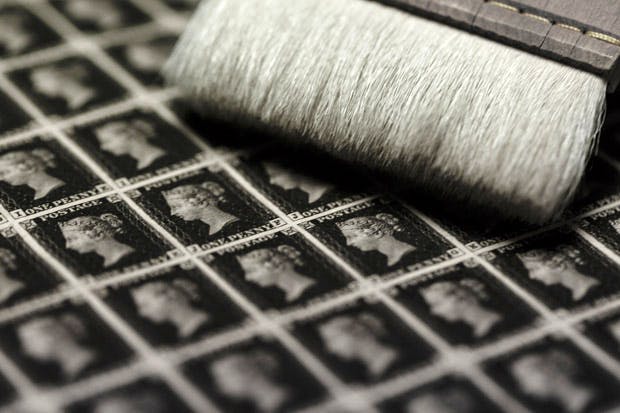
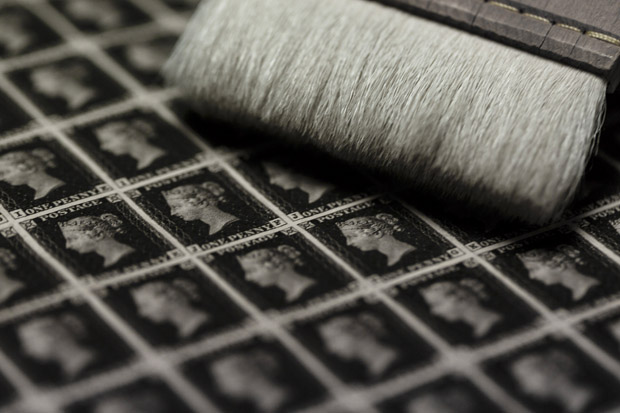

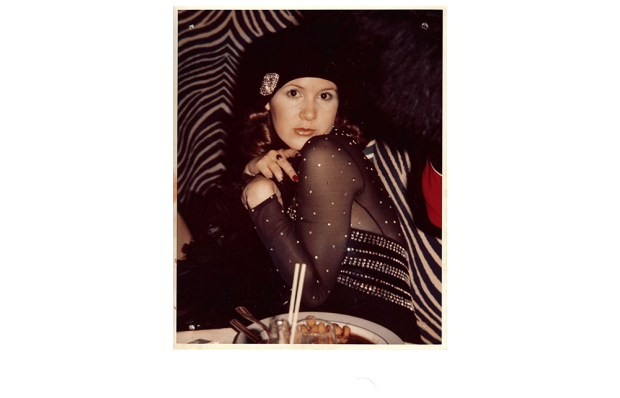
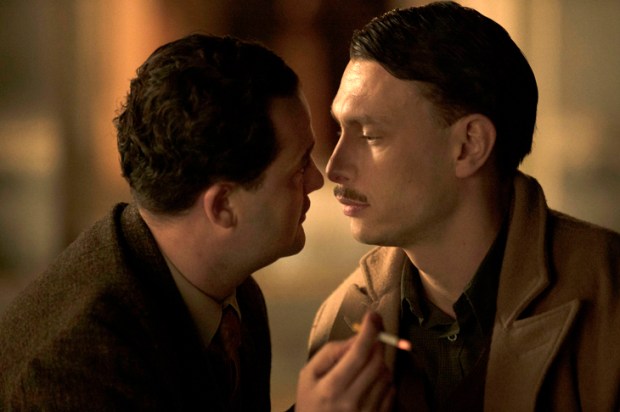
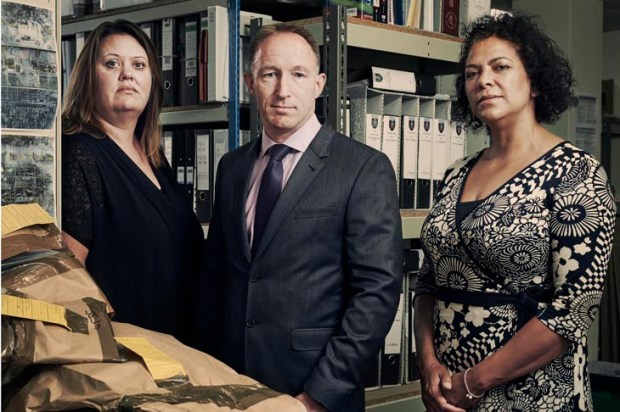







Comments
Don't miss out
Join the conversation with other Spectator Australia readers. Subscribe to leave a comment.
SUBSCRIBEAlready a subscriber? Log in